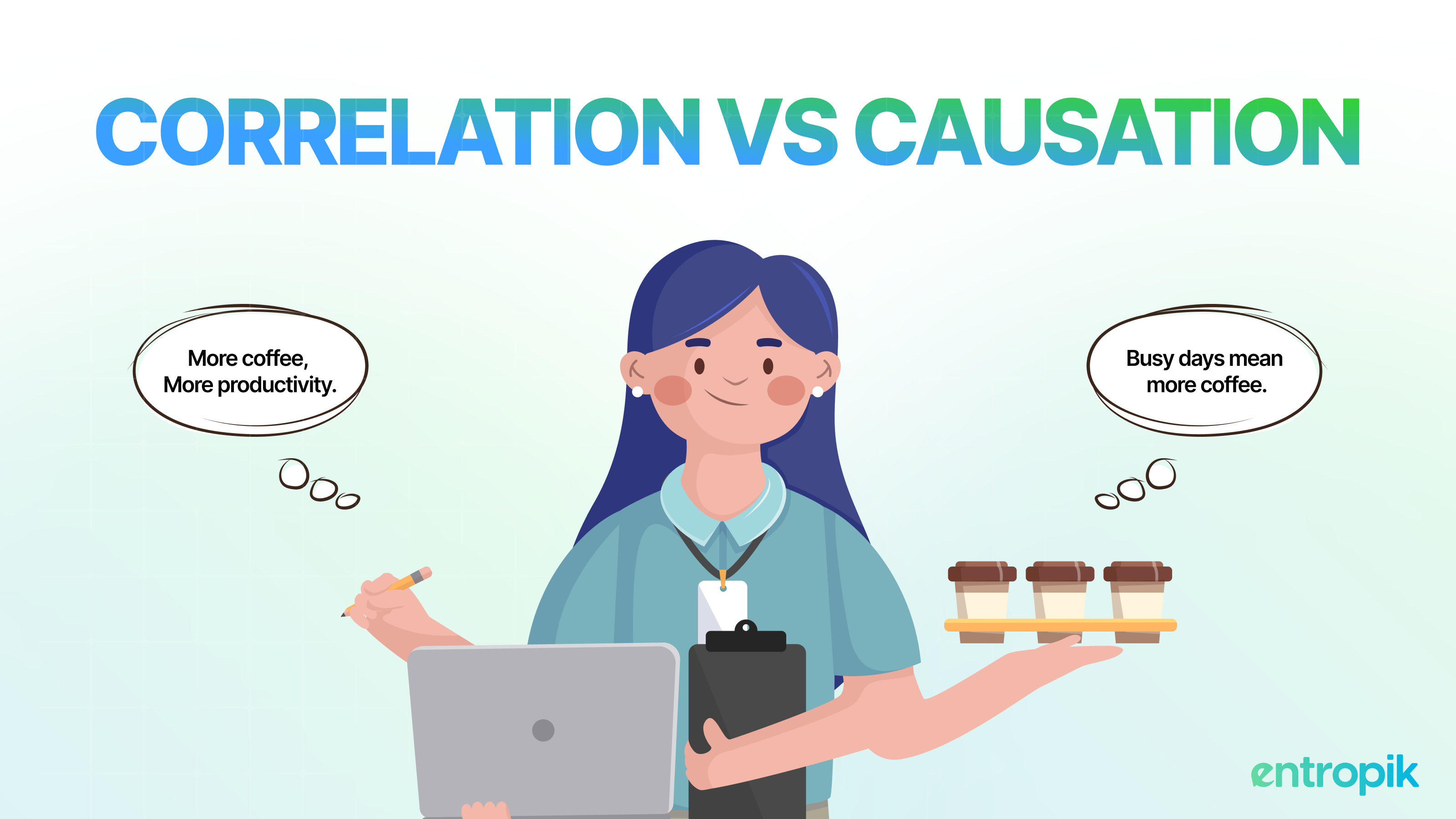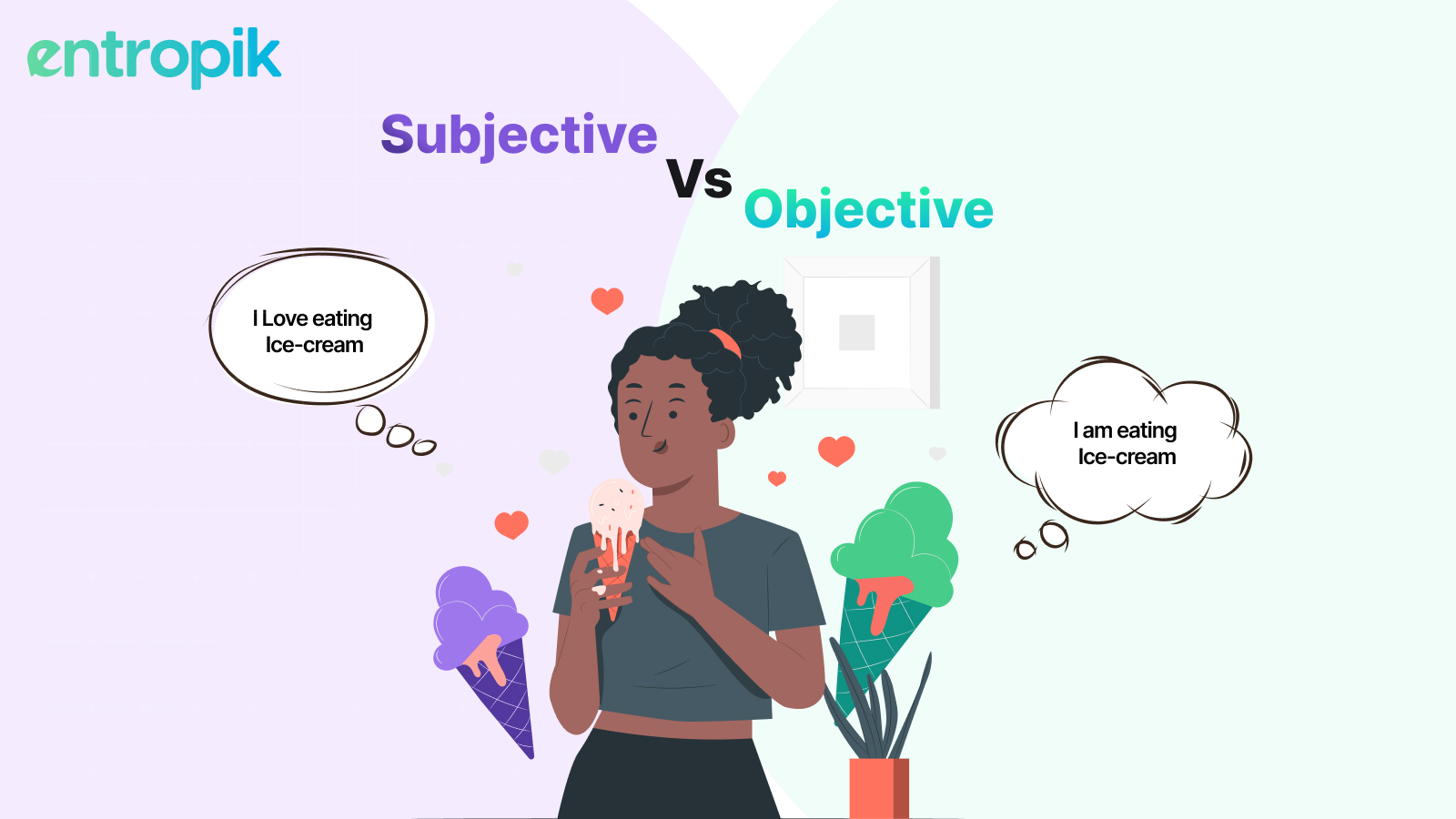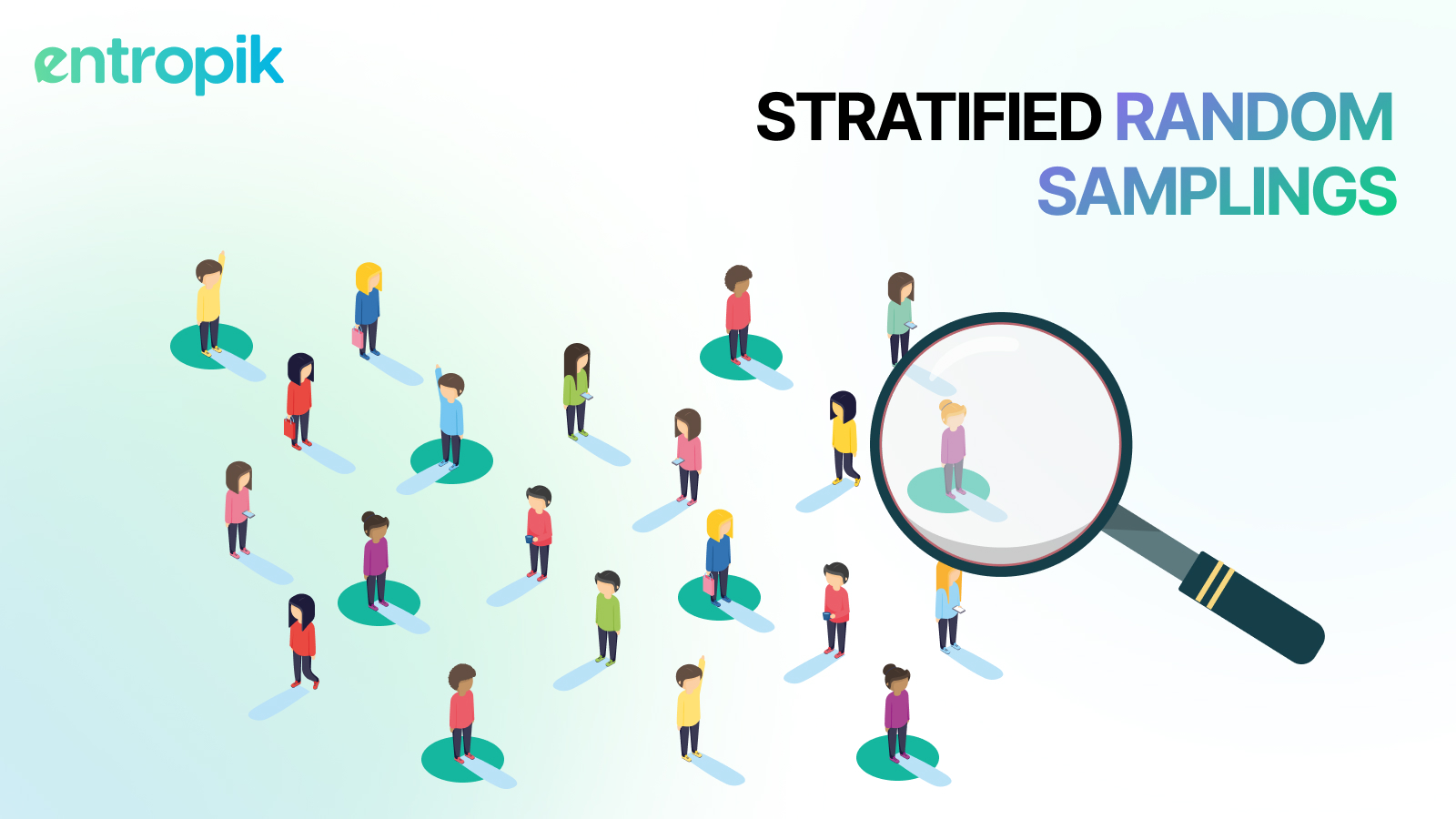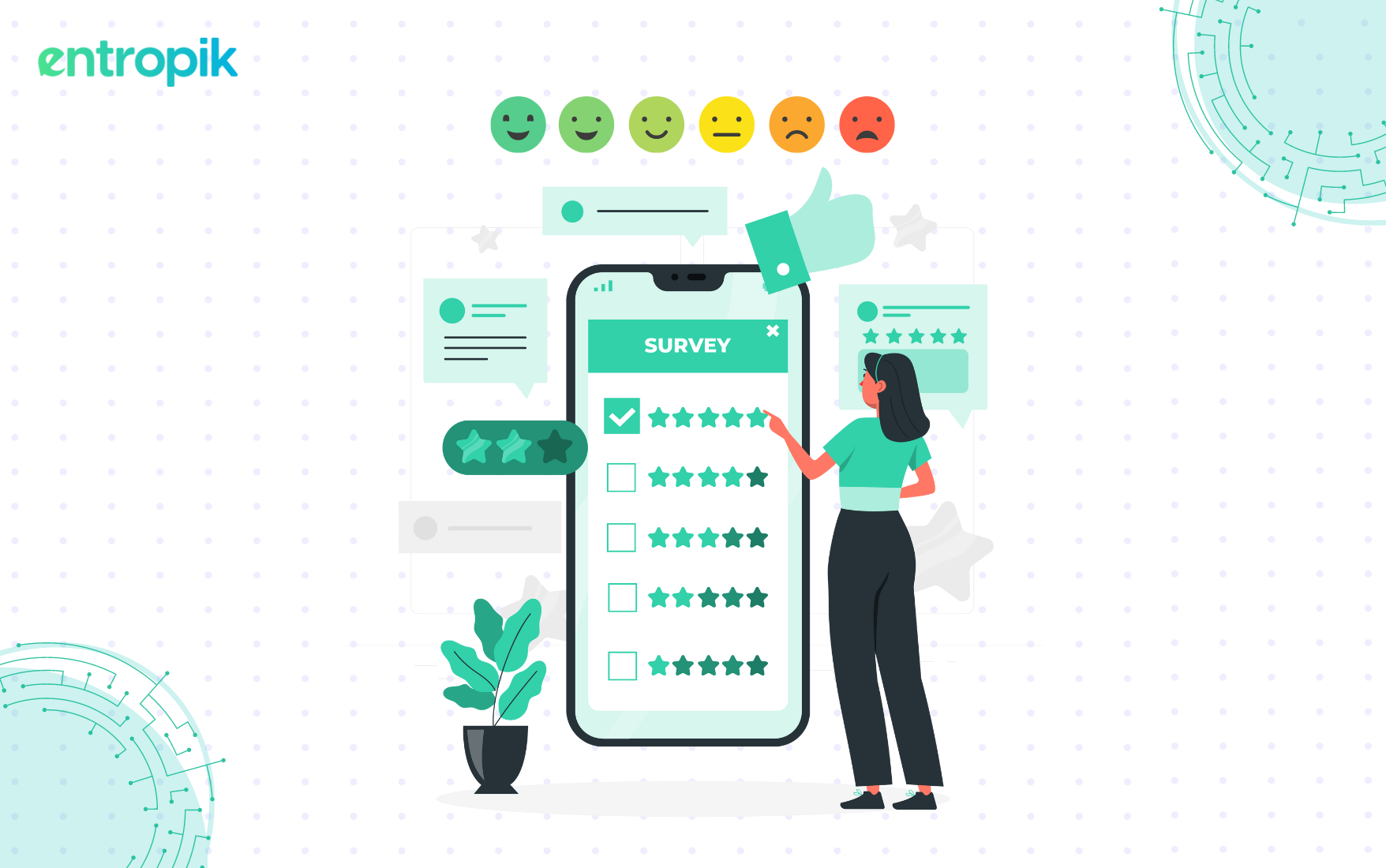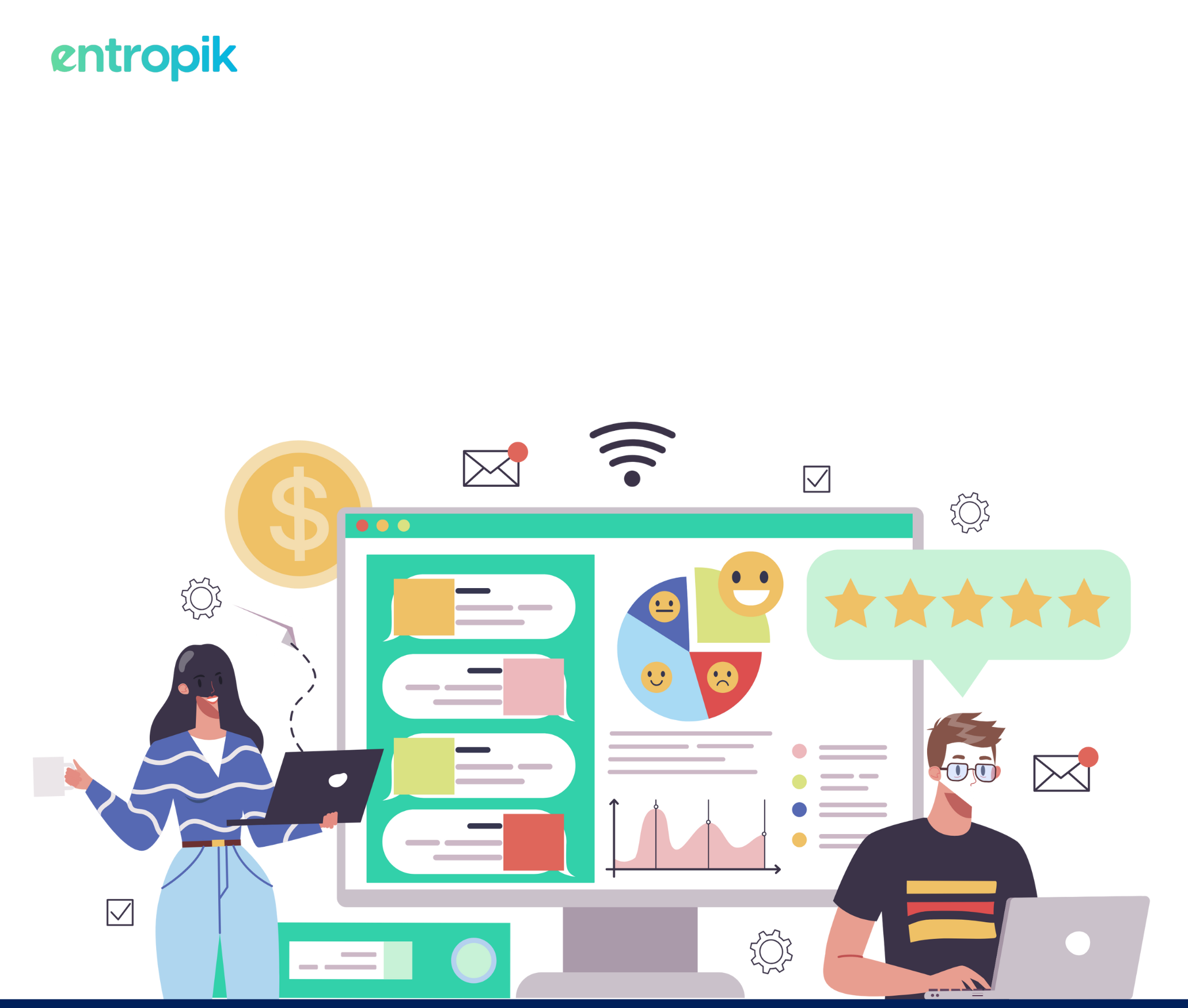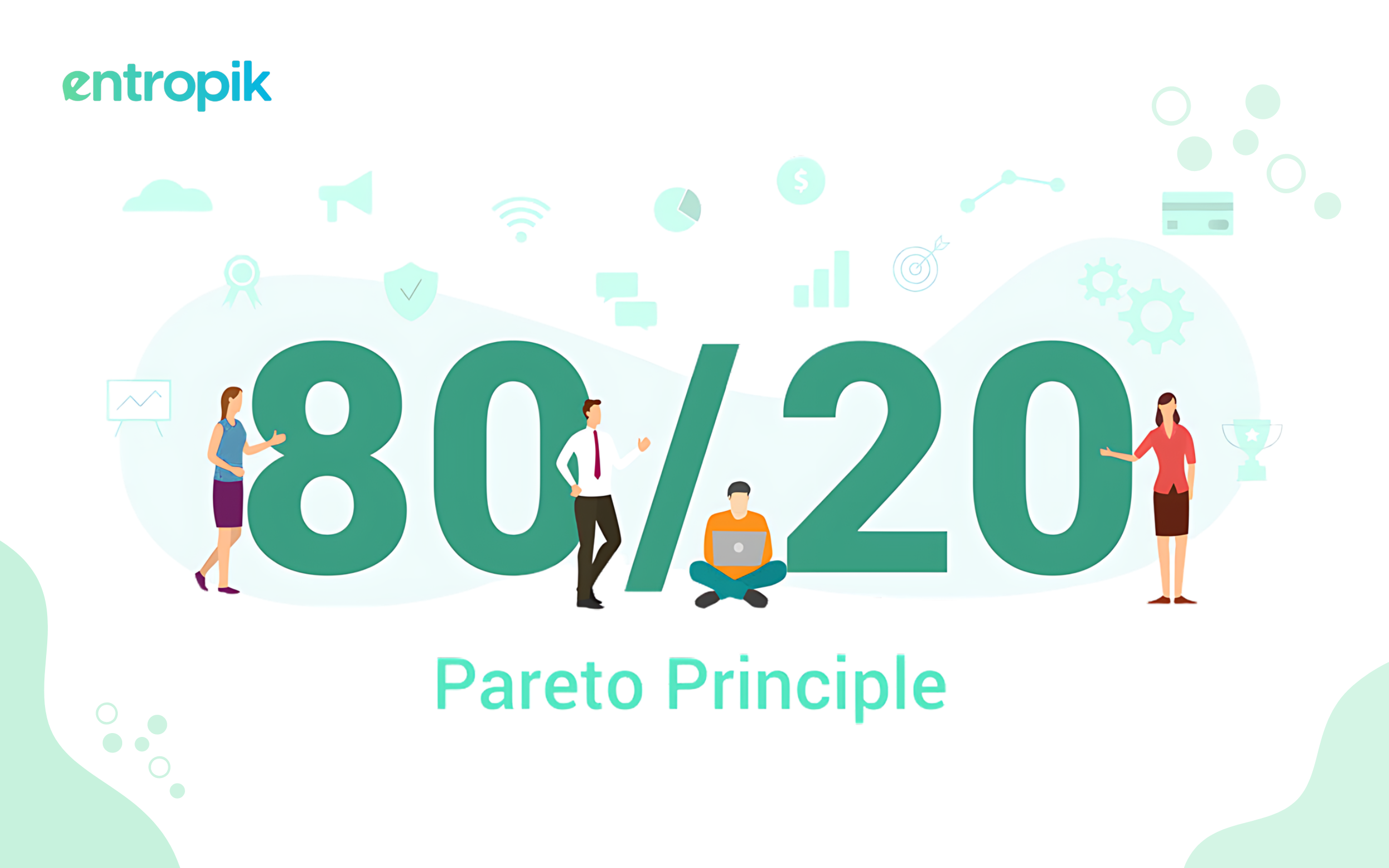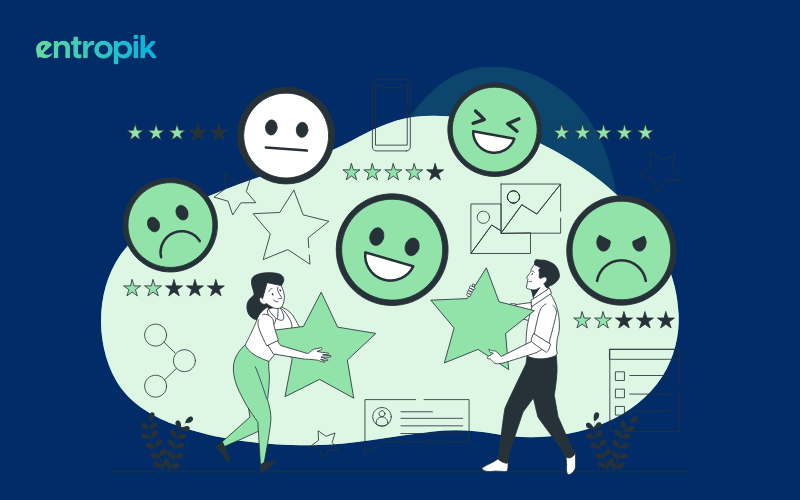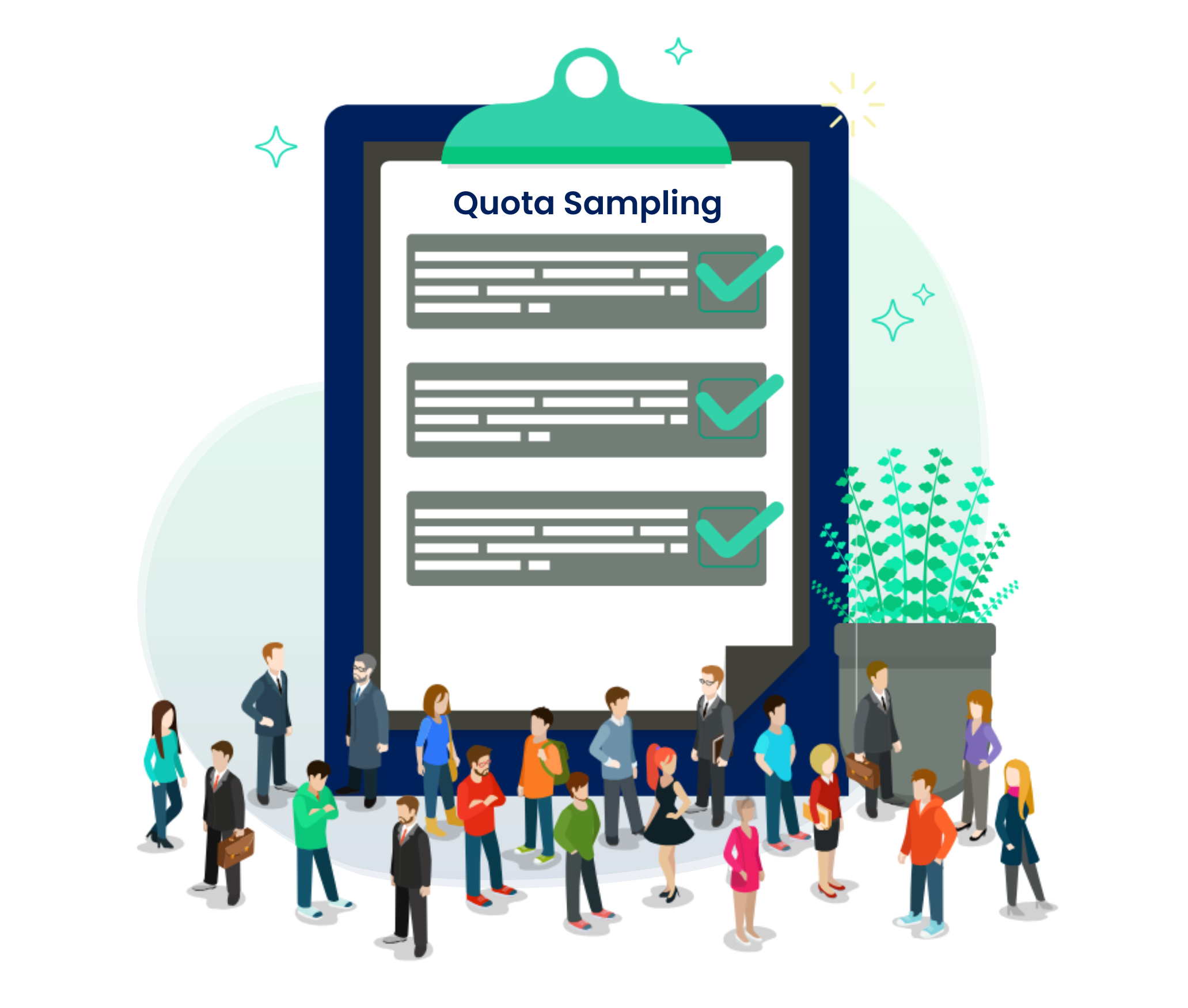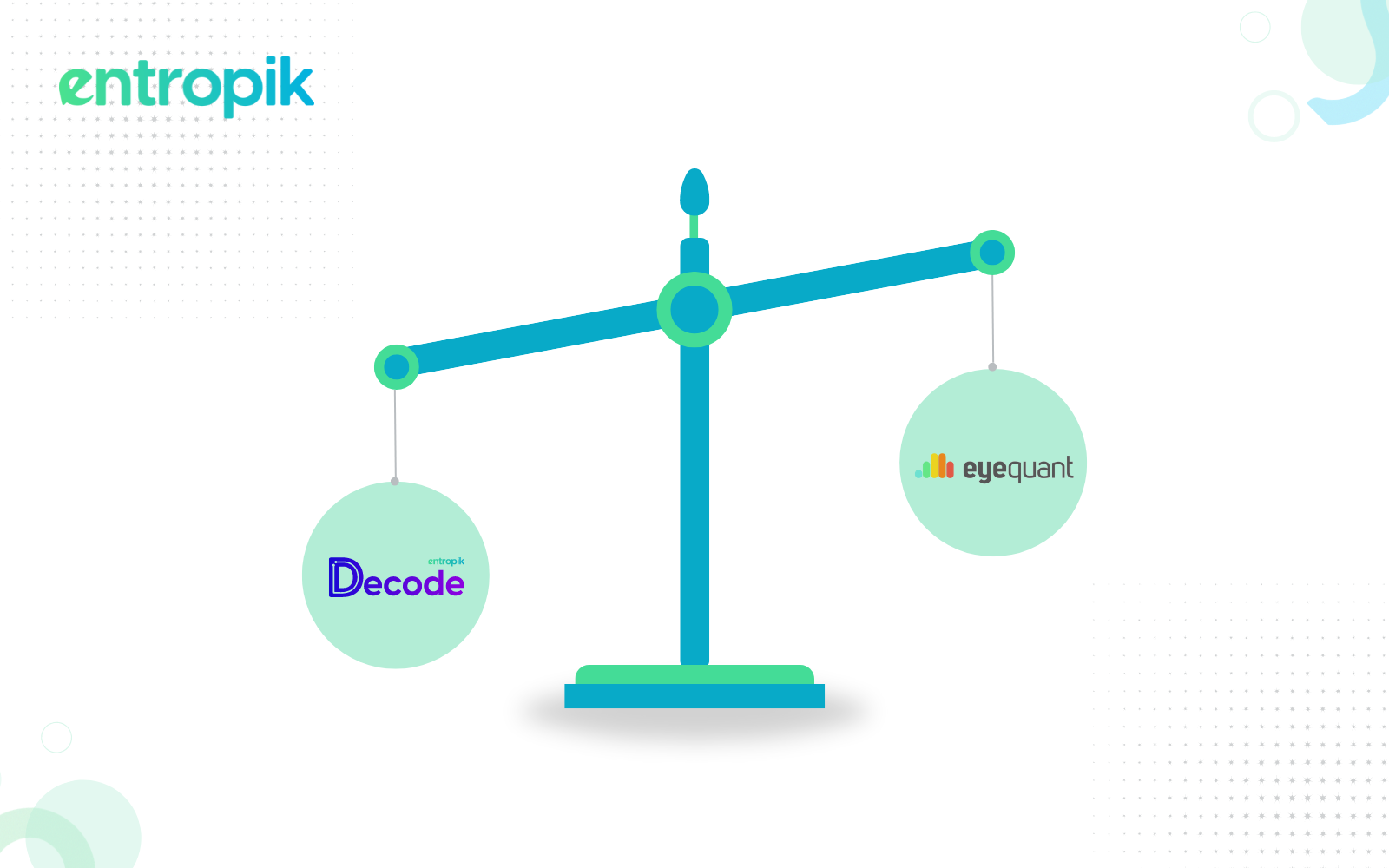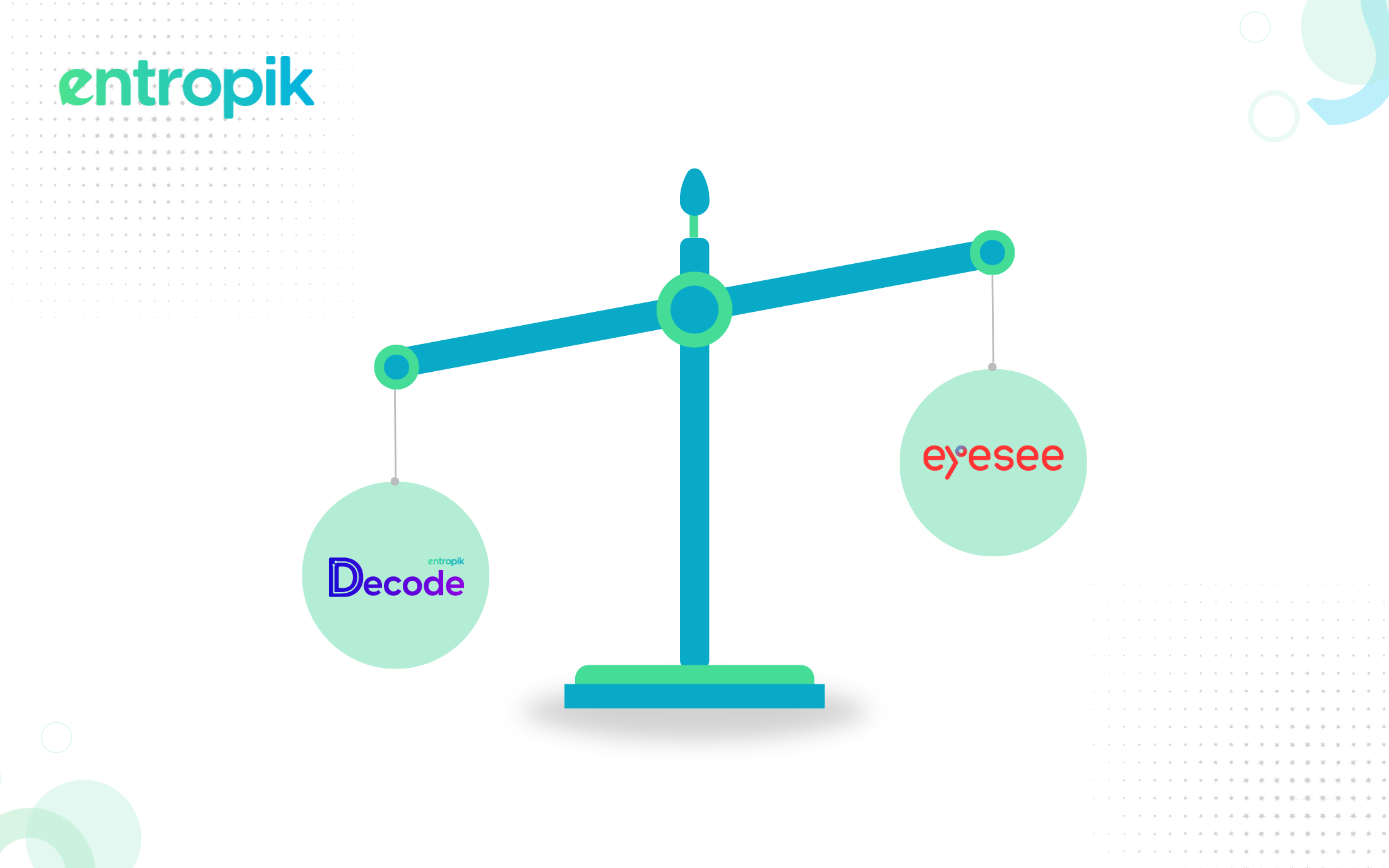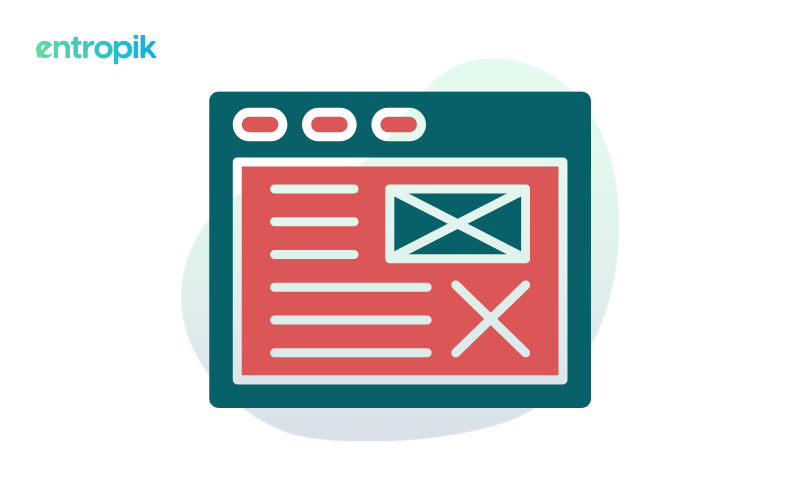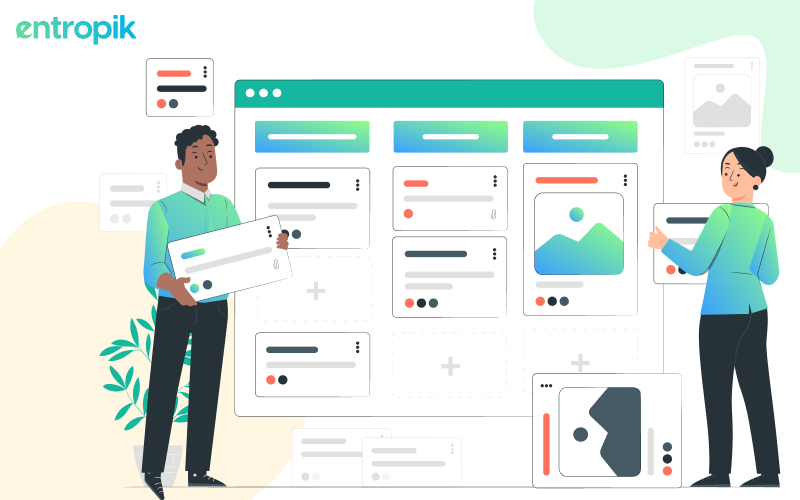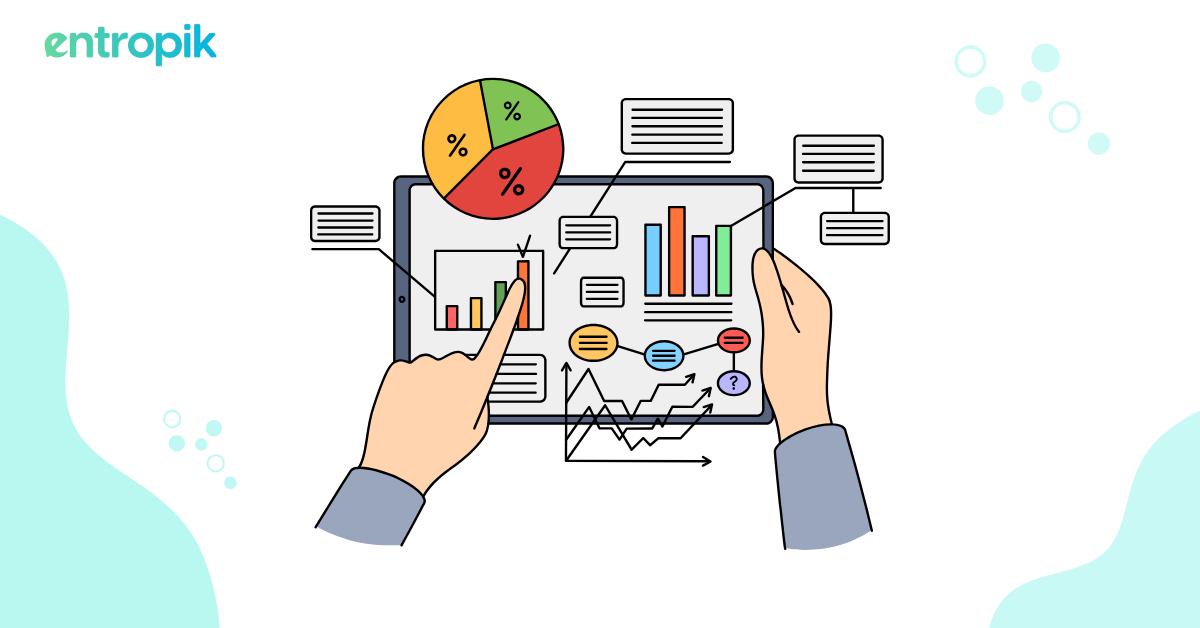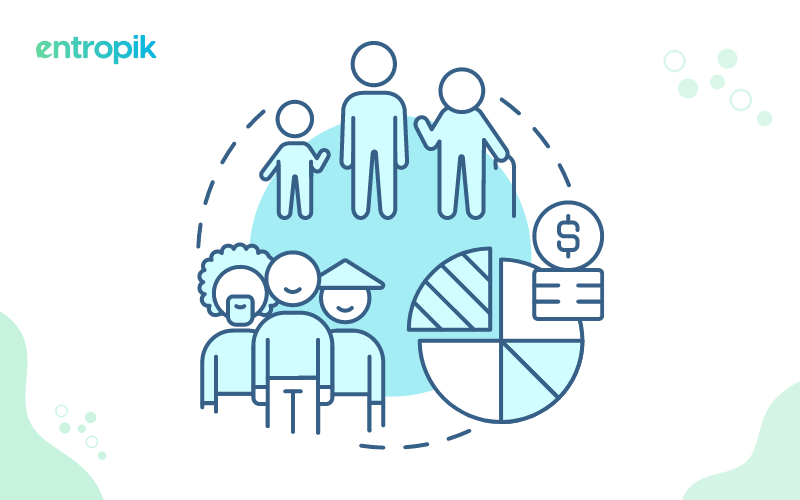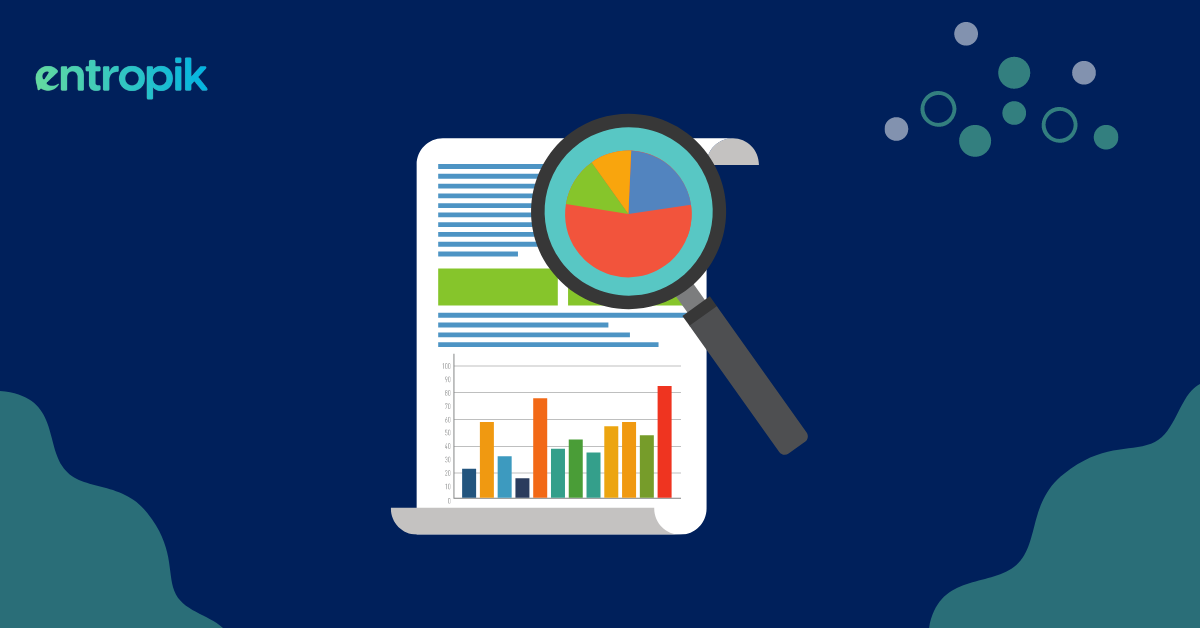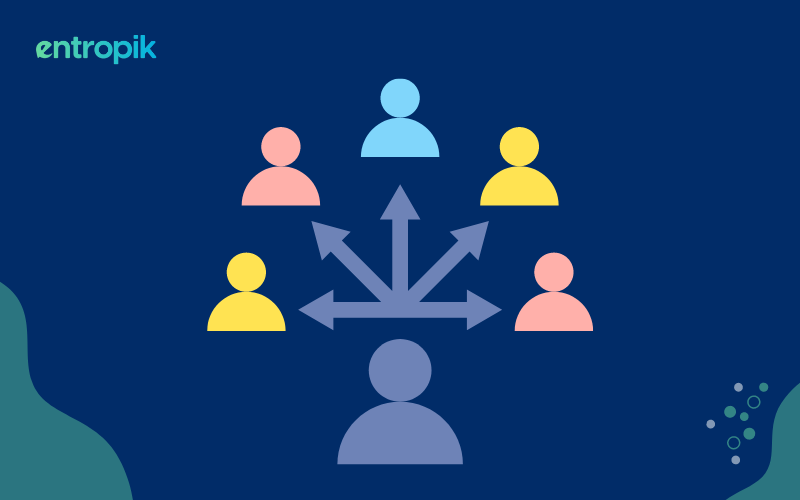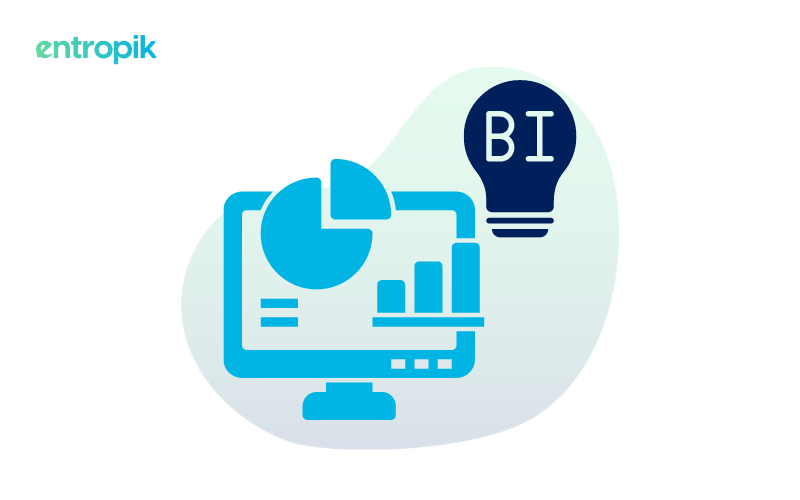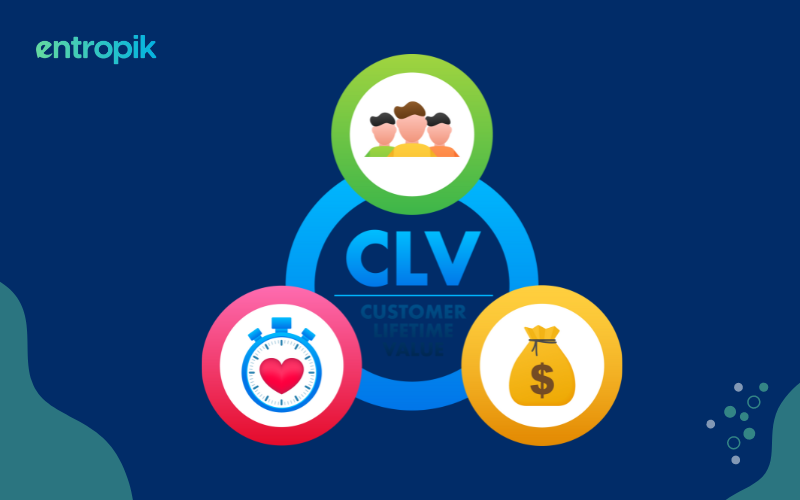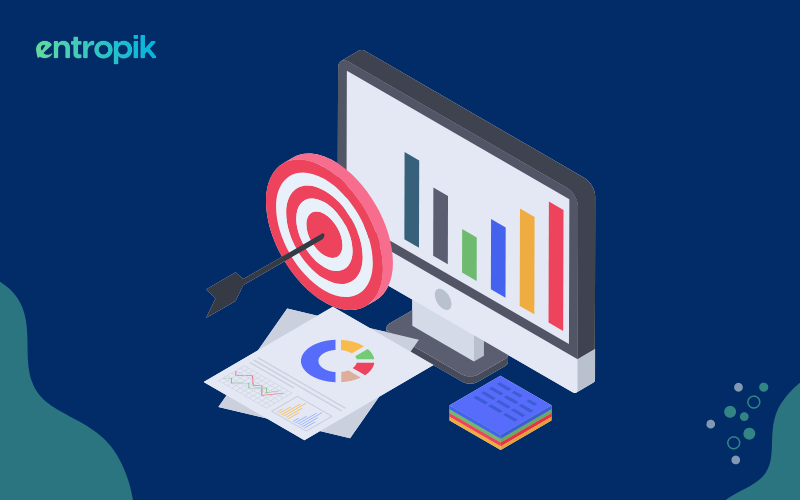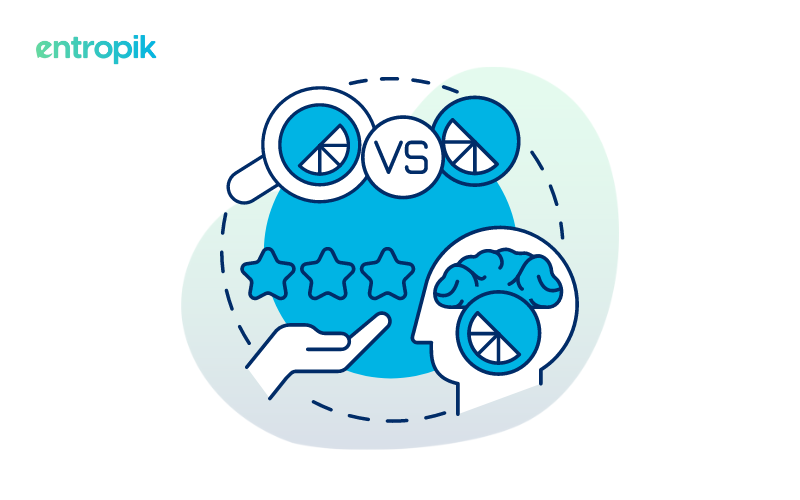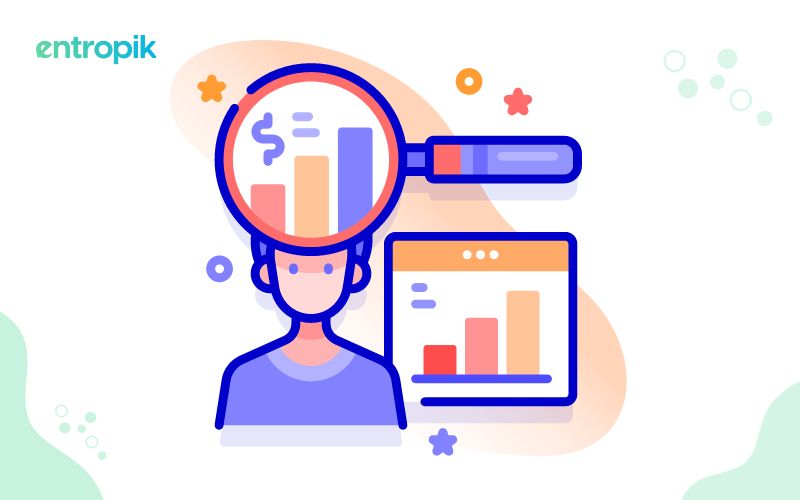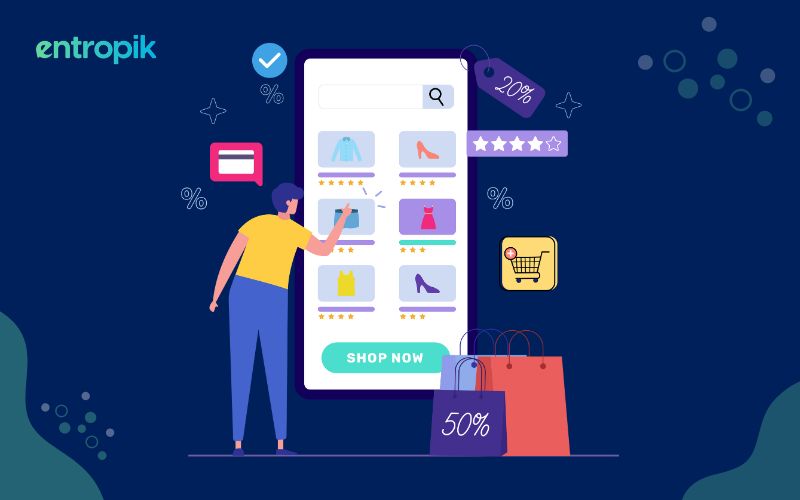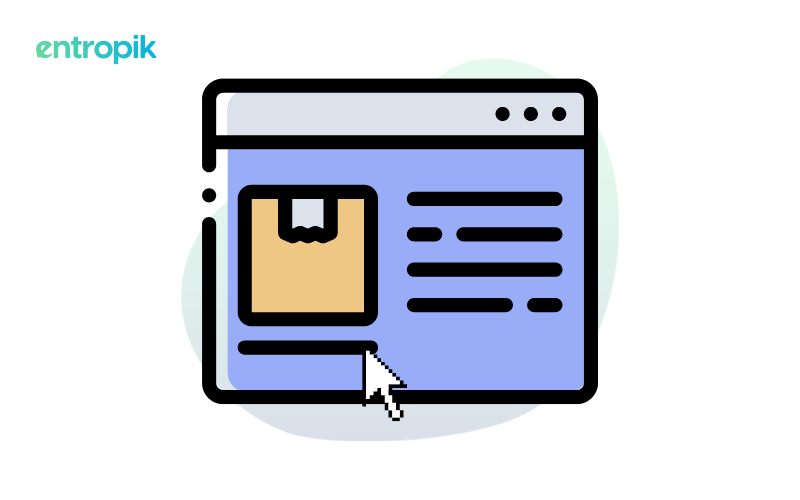Introduction
Ethics are rules that distinguish between right and wrong within a society or organization. While it may sound simple, there is a grey area for ethical practices, due to which there are a lot of ethical disputes and issues. Ethical norms which sound simple and efficient to one person might be unacceptable to another. What is acceptable and unacceptable behaviour can be interpreted and applied in different ways as per a person's values and experiences they have grown up with.
While there are formal rules that govern behaviour, ethical norms are usually more informal and broad. With newer technologies and discoveries coming into the picture rapidly blurring the lines, ethical research has become more critical than ever. This article will discuss the significance of ethical research practices and why brands and individuals must align with standard practices.
Importance of Ethical Research
Let us look at some of the reasons research should be ethical:
1. Helps fulfill research objective: Firstly, it goes against the aim of research itself to fabricate or misrepresent research data. The entire point of research is to find fair, unbiased data based on which researchers learn more about the subject matter.
2. Encourage collaboration: Secondly, research work may require a lot of teamwork. The point is to encourage cooperation within research guidelines while not infringing on interests which might harm an individual, like patents, data privacy, personal information, etc.
3. Accountability: Certain research may contain sensitive data and information. There needs to be accountability in such cases. Respective parties who participate in research should be able to hold researchers accountable in the event of unacceptable practices.
Any research can only be trusted by users if researchers assure credibility through the reputation of researchers and how they go about achieving the results. Ethical lapses can be very harmful if the proper rules and regulations are not followed.
{{cta-button}}
Key Principles in Ethical Research
Informed Consent: When participating in any research, people should be aware of what the study is about and what they stand to benefit from it. They should also be mindful of the risks involved. Only once they provide the consent should the researchers proceed with the study. Additionally, should they change their mind, there should be flexibility of withdrawing if it does not match their interests.
Privacy and Confidentiality: With new technologies and studies in the limelight, participants' privacy is a huge ethical concern. Measures of protecting sensitive data and information should be guaranteed as per consent given by participants and as per the standard research practices.
Data Accuracy and Integrity: It is imperative to maintain the sanctity of why research is conducted. Research should be conducted objectively and truthfully, and create research reports without personal biases as much as possible. Avoid selective reporting and data manipulation at all costs.
Conflict of Interest: Researchers should maintain transparency throughout the research process. Any personal affiliations or interests should be disclosed and given due attention to avoid distortion of research data and its outcome.
Peer Review: Peer review processes help to avoid bias and maintain the quality and integrity of the research process by being objective. Doing this can help identify and rectify potential ethical lapses.
Accountability: Ultimately, ensure responsible conduction of research along with explanations regarding the 'why's and 'what's of a research process as and when required.
Ethical Practices in Consumer/User Research
Companies and brands conducting research need to prioritize promoting ethical practices by providing the right kind of support. There should be clear and strict guidelines and procedures while running any research since it might have the possibility of leading to ethical issues and conflict. The dignity, privacy, and autonomy of a person should be paramount for creating reports with credible findings. For qualitative and quantitative studies like surveys, focus group discussions and interviews, it is essential to understand the rights of a participant.
Anonymity of users is one major cause of dispute in these kinds of studies. Personal Identifiable Information (PII) is one thing that needs to be handled sensitively in research. It includes any type of data that can be traced back to an individual, like their- phone number, emails, government IDs, etc. Certain types of research require PII information. In these cases, participant details should be protected at all times since a breach can directly harm individuals involved.
It is also a good practice to inform participants about the study objectives, the methods involved and the results, wherever possible. It adds credibility to your company and encourages participants to be more involved in the studies being conducted.
Often, incentives are offered to research participants in exchange for them taking part in the research process. Proper incentives are a fair exchange and can significantly boost responses. However, it is the organization's responsibility to ensure that the information is being used in an ethically appropriate way.
Conclusion
With the Information Age at play, there is an overload of data volume and variety. Privacy is a term very loosely used with some of the biggest organizations as well as smaller companies today. There are innumerable sources of collecting data, from someone filling out a form willingly to devices being privy to personal conversations. While these can provide a lot of valuable insights to build better products and make life more convenient, it has also brought focus on the implications of individual privacy breach. Large amounts of data are now being collected even without individuals consciously providing information.
While there are pros and cons to these kinds of data collection, several research companies are employing new types of tools to understand their consumers and users better. New-age AI technologies like Facial recognition, Eye-gaze Tracking and other similar technologies allow companies to get more accurate and unbiased information. It enables researchers to understand and meet consumer or user needs better than ever.
Overall, it is essential that information is communicated to research respondents transparently and ethically. Practising ethical research is the foundation on which both brands and consumers or users can co-exist and thrive. This will pave the way for brands to practise market research while building a loyal consumer base ethically.
{{cta-button}}















.jpg)



